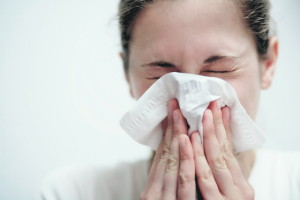Mold exposure is a problem that affects millions of Americans, but it’s also a problem that very few people know about. The health risks that mold can create can be severe, making it important to address any mold problem, as well as its source, as soon as possible.
The symptoms of mold exposure mimic many common allergy symptoms including:
- Seasonal allergies such as hay fever
- Allergies to pet dander
- A cold or sinus infection that doesn’t go away
If you know you have a mold problem in your home you might recognize that your symptoms are related to it. Unfortunately for many people, they don’t realize they have a mold problem until they are sick.
When moisture problems occur and mold growth results, building occupants may begin to report odors and a variety of health problems, such as headaches, breathing difficulties, skin irritation, allergic reactions, and aggravation of asthma symptoms; all of these symptoms could potentially be associated with mold exposure.
All molds have the potential to cause adverse health effects.
Molds produce allergens, irritants, and in some cases, toxins that may cause reactions in humans. The types and severity of symptoms depend, in part, on:
- The types of mold present
- The extent of an individual’s exposure
- The ages of the individuals, and their existing sensitivities or allergies
Because mold spores are very tiny and very light, they easily become airborne. Once floating around in the air, mold spores are easily inhaled by anyone in the vicinity. Inhaling or touching mold or mold spores may cause allergic reactions, infections to the skin and mucous membranes, asthma episodes and other respiratory problems for people.
Allergic reactions to mold are common and can be immediate or delayed. Many people believe that mold can only affect you if you have a mold allergy; however, depending on what type of mold and an individual’s present overall health and immune system, anyone can be negatively affected. For some people, a relatively small number of mold spores can cause health problems. For other people, it may take a higher exposure.
Millions of Americans suffer from constant sneezing and sniffling but don’t realize that the cause could be the mold in their home. It is very important to get mold treated immediately to prevent these symptoms from turning into something more serious.
The basic rule is, if you can see or smell it, there is a mold problem and steps must be taken immediately to treat the problem. It’s not healthy to inhale any type of mold spores, but some types of mold actually produce toxins, known as mycotoxins, that frequently cause a variety of health problems.
Not everyone exposed to mold develops mold related illness, and some people are more susceptible than others, including the elderly, the very young, those with respiratory problems like asthma, and those with immune related disorders. Everyone, even healthy young adults, is at risk for mold related illness if you have a mold problem in your home. Even your pets can get sick from too much mold in the home.
Some of the illnesses caused by mold include aspergillosis, blastomycosis, histoplasmosis, coccidioidomycosis, paracoccidioidomycosis, sporotricosis, and systemic candidiasis (a yeast infection).
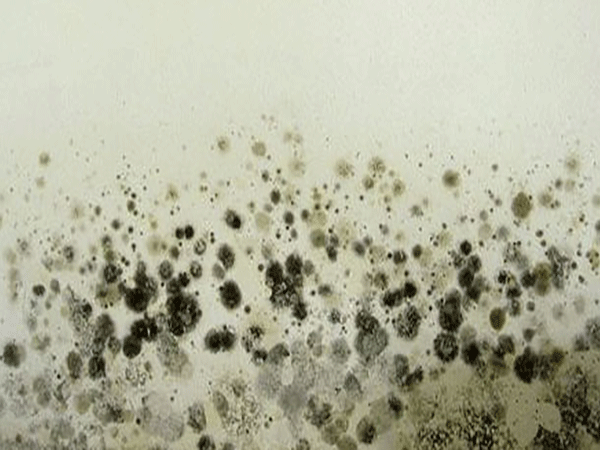
Black Mold
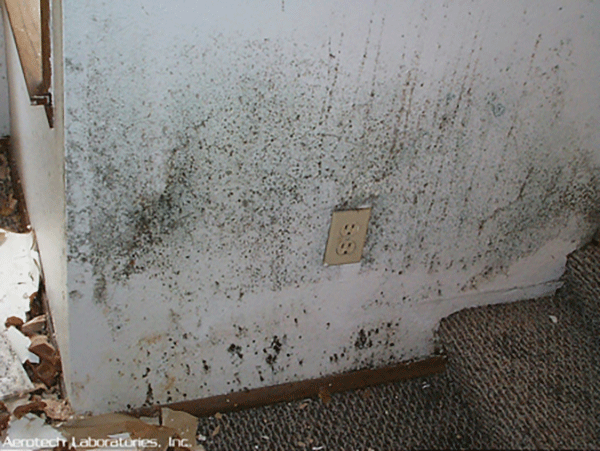
Aspergillus
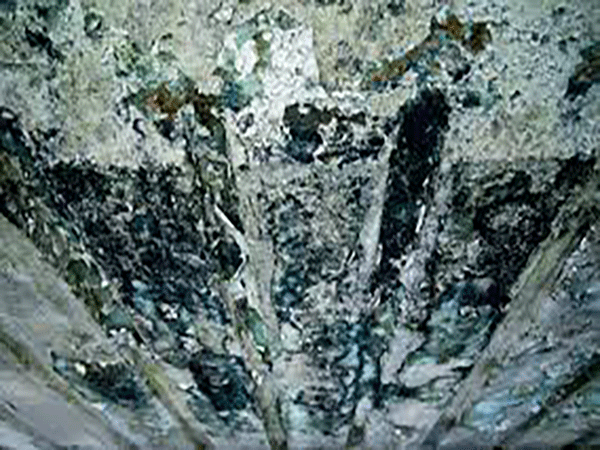
Penicillium
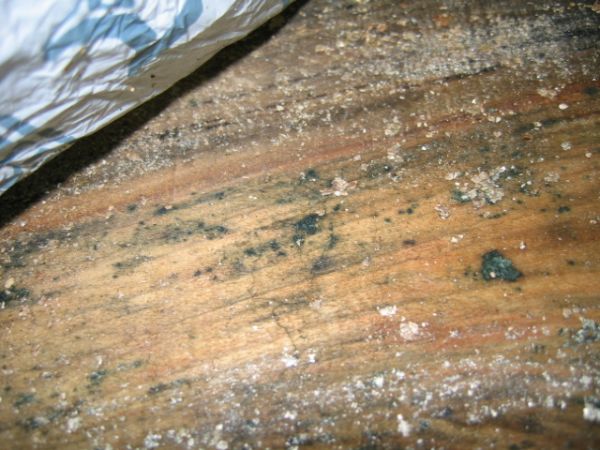
Trichoderma
Mold related symptoms are wide-ranging and can affect your health in many ways.
- Headaches
- Sore throats
- Trouble breathing, wheezing and shortness of breath
- A runny nose or congestion
- Coughing
- Sneezing
- Red, itchy, watery eyes
- Asthma attacks or asthma-like symptoms in people not previously diagnosed with the illness
- Infections in the lungs including pneumonia and bronchitis
- Chronic sinusitis (sinus infections)
- Rashes or hives
- Fatigue
- Depression
- Depressed immune system, causing you to get sick easily
If you have mold in your home and have symptoms of mold related illness, you should see your doctor for diagnosis and treatment. However, unless you also treat the mold problem in your home, your symptoms will likely continue.
Mold can also cause structural damage to any building. Molds can feed on any organic source, such as many building materials, dirt, skin cells, dust and oil. Mold growth on building materials can compromise the integrity of the materials resulting in dangerous and costly damages to any home or property. A moisture issue and subsequent mold problem left unaddressed, can result in persistent problems that can ultimately cause much harm to any building. Proper building maintenance and moisture control is important to protect families and other building occupants as well as the structure itself. Left to proliferate, mold can cause extensive damage.

